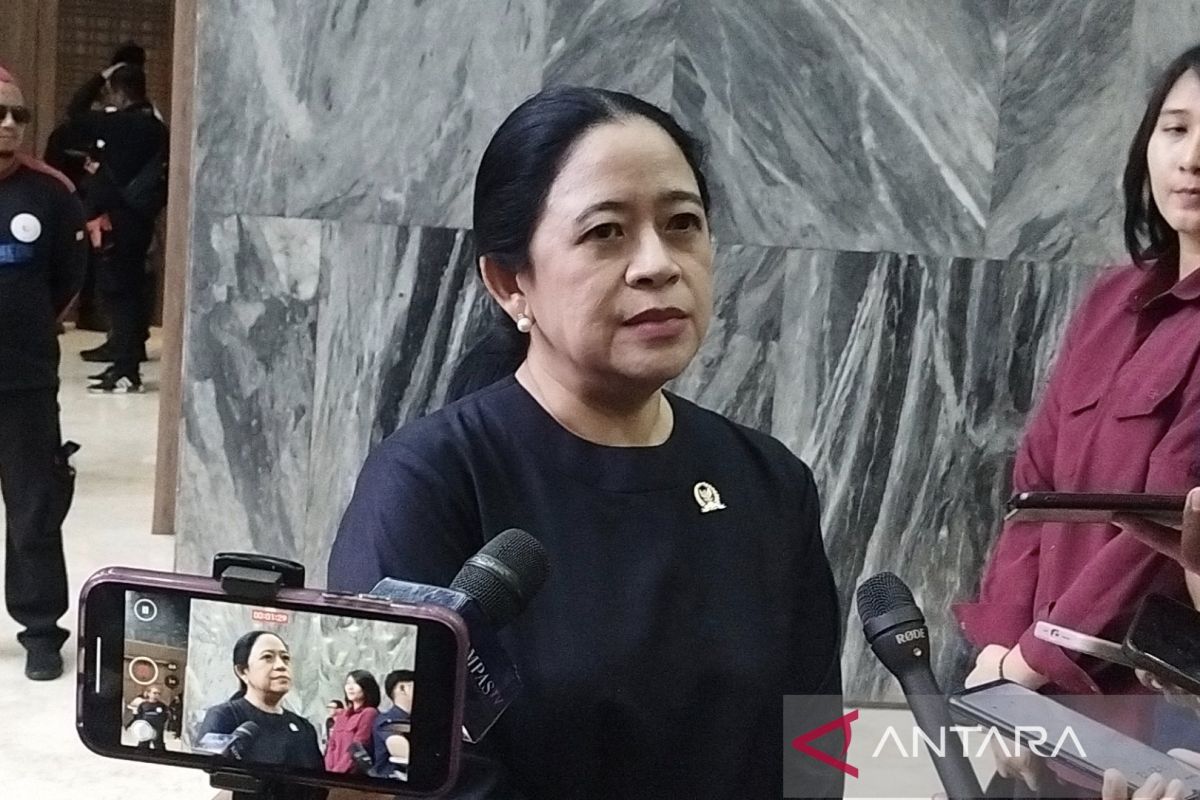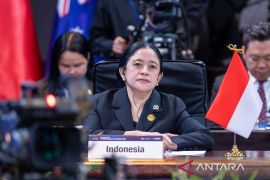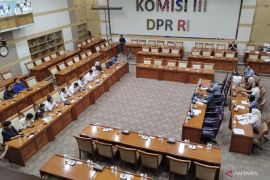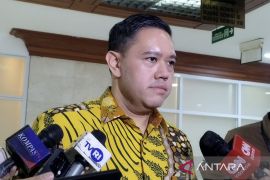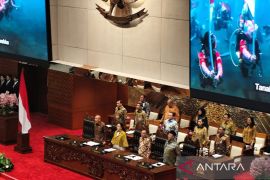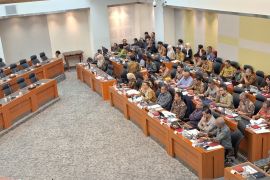Maharani said that in discussions about the draft bill on manpower and employment, her administration will incorporate the Constitutional Court's rulings, salary protection, and social security for formal and informal workers. She also highlighted the importance of dialogue among workers, businesses, and the government.
"Everyone must sit together and formulate policy about incentives, and resolve disputes. The thing is, no worker should be at a disadvantage, and every job termination must be deliberated through discussion and a clear legal mechanism," she noted.
The leader of the House of Representatives (DPR) also said that workers' aspirations are crucial in the draft bill, as it directs the regulation to truly protect workers, ensure businesses' continuity, and thereby improve welfare. Hence, the House of Representatives will facilitate meaningful participation to gain useful insights.
She also responded to KSPSI's input about the Bill on Manpower, particularly some aspects that may put workers at a disadvantage.
The bill aims to create comprehensive, just, adaptive regulation that balances workers' rights and businesses' operations, as well as integrates the Constitutional Court's ruling.
On the occasion, Secretary General of KSPSI Ramidi listed three demands from workers, ranging from ending the outsourcing system, increasing the minimum regional wage to Rp 8.5 million (US$518), and raising the non-taxable income threshold to Rp7.5 million (US$457) as a form of justice.
Ramidi stressed that the union supports civilian supremacy, a just law enforcement, a worker-oriented Bill on Manpower, and is committed to support President Prabowo Subianto's governance and the House of Representatives that consider people's aspirations.
Related news: Thousands of workers hold protest, make five demands
Related news: Prabowo's May Day pledges reflect support for workers: KSPI
Translator: Bagus Ahmad Rizaldi, Mecca Yumna
Editor: Arie Novarina
Copyright © ANTARA 2025
